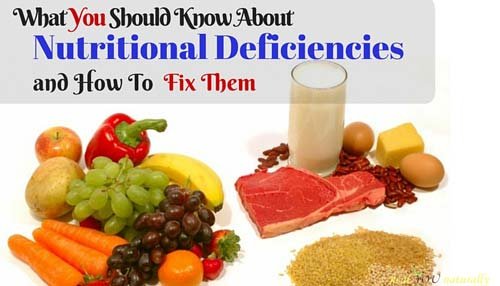

Vitamins and minerals are substances that are found in foods that we eat. Your body needs Vitamins to work properly. When it comes to vitamins, each one has a special role to play. For example:
- Vitamin D in milk helps your bones.
- Vitamin A in carrots helps you see at night.
- Vitamin C in oranges helps your body heal if you get a cut.
- B vitamins in whole grains help your body make energy from food.
Vitamin deficiency is caused when you have lower than normal amounts of certain vitamins. Vitamin deficiency can occur if you don’t eat enough foods containing good and proper vitamins.
Deficiency of Vitamins
- Iodine: Without enough iodine, our bodies don’t make enough thyroid hormones to control our metabolism, body temperature, and more. You might notice iodine in most prenatal vitamins. iodine deficiency is especially dangerous for pregnant women and may cause intellectual disabilities for the baby.
Symptoms: weight gain, fatigue, feeling cold all the time, thinning hair
Food sources: Salt, reduced-fat milk, white, enriched bread, egg
- Vitamin D: We get some part of vitamin D through sunlight, but we don’t get as much as we require, but we have vitamin D with some foods. We need this vitamin for many body processes, including maintaining a healthy immune system and bones.
Symptoms: poor bone health, obesity
Food sources: orange, fortified milk, egg yolk
- Calcium: we need calcium, it might be surprising to hear that most of us are missing out on this vital mineral. Not only is it crucial to bone health, but as a woman gets older, she’s also more prone to getting osteoporosis (loss of bone density), too.
Symptoms: The problem with having a calcium deficiency is that you often won’t know until it’s too late. While women with low calcium levels are more at risk for bone breakages and osteoporosis, they often don’t find out until they’ve experienced a fracture or significant bone loss.
Food sources: Cheese, Orange, egg yolk
- Iron: We menstruate lose blood at least once a month. Our bodies still need to make up for that loss with more iron, which is why it’s so important we get enough iron in our daily diets. Pregnant women are especially vulnerable to low iron. The amount of blood in their body increases to support a growing baby.
Symptoms: extreme fatigue, shortness of breath, dizziness, brittle nails
Food sources: canned white beans, spinach
Nutrients are molecules in food that everybody needs for energy, grow, develop, and reproduce. Nutrients are digested and then broken down into basic parts to be used by the organism. There are two main types of nutrients, macronutrients, and micronutrients. The three main categories of macronutrients include carbohydrate, protein, and fat. The two types of micronutrients are vitamins and minerals.
Deficiency of Nutrients
- Calcium: Calcium is very important for maintaining strong bones and controlling muscle and nerve function. Signs of severely low calcium include muscle cramps and abnormal heart rhythms. Make sure you’re getting enough with at least three servings of milk a day. Other good sources of calcium are cheese, calcium-fortified orange juice, and dark leafy greens.
- Potassium: Potassium helps your heart, nerves, and muscles to work properly. You could become low in potassium in the short term because of vomiting, excessive sweating, antibiotics, or because of chronic conditions such as eating disorders and kidney disease. Symptoms of a deficiency include muscle weakness, constipation, tingling and numbness, and in severe cases, an abnormal heart rhythm.
- Magnesium: Magnesium supports bone health and assists in energy production. Although the deficiency is fairly uncommon in otherwise healthy people, it can affect those who take certain medications, have certain health conditions, or consume too much alcohol.
Magnesium deficiency can cause loss of appetite, nausea and vomiting, fatigue, and weakness. In more severe cases, it can lead to numbness, muscle cramps, seizures, abnormal heart rhythms, personality changes, or low potassium or calcium levels.
For suggestion about vitamins and nutrients food contact Dr sunny
